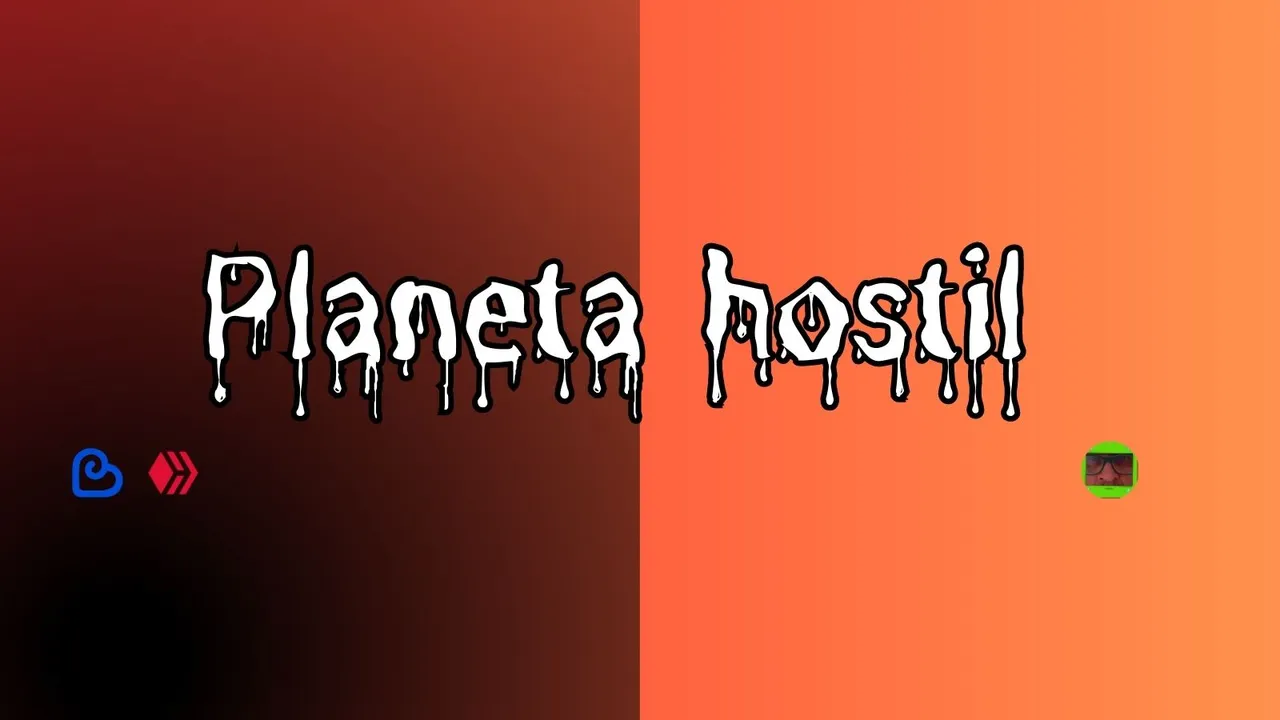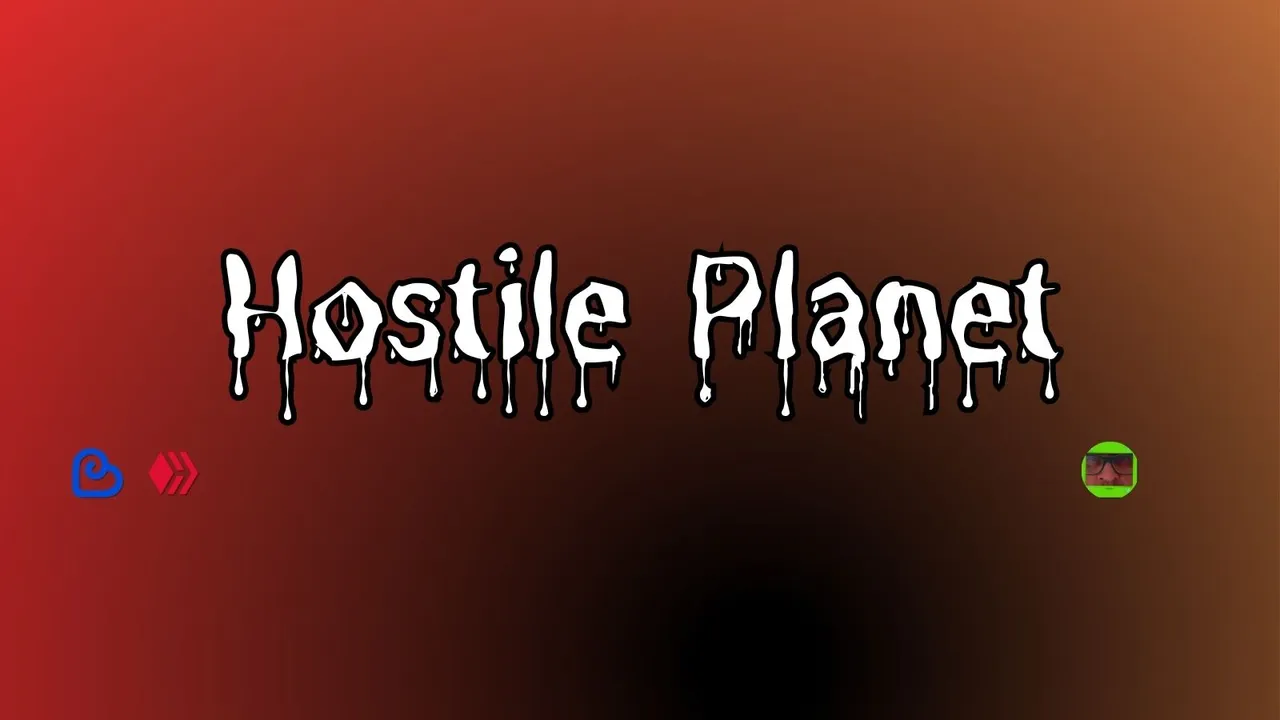 |
|---|
Josko siempre se sintió diferente a los demás. Desde niño, le costaba mucho relacionarse con sus compañeros de clase, entender sus bromas, sus emociones, sus intereses. Prefería estar solo, leyendo libros o jugando. No le gustaban los ruidos fuertes, las luces brillantes, los olores intensos. Se sentía abrumado por el mundo que lo rodeaba.
Su familia lo quería, pero no lo comprendía. Su madre lo regañaba por no saludar a las visitas, por no mirar a los ojos, por no sonreír.
Su padre, que era un hombre muy divertido y sociable, conocido en toda la ciudad, lo criticaba por no practicar ningún deporte, por no tener amigos, por no ser más sociable. Sus hermanos lo ignoraban o se burlaban de él. Josko se refugiaba en su habitación, en sus sueños, donde se sentía seguro y tranquilo.
En el colegio, las cosas eran peores. Él era el blanco de las burlas y los insultos de sus compañeros. Los profesores lo consideraban un alumno inteligente, pero distraído, desobediente, rebelde.
Josko no entendía las normas implícitas de la convivencia escolar, ni el sentido de las tareas que le mandaban. Se aburría en clase y se distraía con sus propios pensamientos.
Creció con la sensación de ser un extraterrestre en un planeta hostil. Se sentía solo, incomprendido, rechazado. Quería tener amigos, pero no sabía cómo hacerlos. Quería ser aceptado, pero no sabía cómo comportarse. Quería ser feliz, pero no sabía cómo sentirse.
Cuando salió de la universidad, decidió que tenía que cambiar. Que tenía que adaptarse a la sociedad, a sus expectativas, a sus reglas. Que tenía que superar su timidez y su inseguridad. Que tenía que ser como los demás.
Así que comenzó a imitar a las personas populares de su entorno laboral. Intentó hablar de los temas que les interesaban a los demás: el fútbol, la música, las chicas. Se anotó en equipos de futbol, basquetbol y voleibol, al gimnasio y muy a su pesar aceptaba la invitación a fiestas de sus compañeros.
Pero todo fue en vano, seguía sin encajar, sin entender las sutilezas del lenguaje, la ironía. Seguía sin captar las señales sociales, los gestos, las miradas. Seguía sin compartir los sentimientos, las pasiones, las ilusiones.
Josko se frustró y se deprimió. Se dio cuenta de que estaba viviendo una mentira. De que estaba traicionando su esencia. De que estaba perdiendo su identidad.
Se encerró en sí mismo. Dejó de salir de casa, de hablar con las personas. Se sumergió en su mundo interior, donde solo existían sus obsesiones: los números primos, los mapas antiguos, las civilizaciones perdidas. Se convirtió en un prisionero de sí mismo.
Un día, siendo ya adulto, con un largo y áspero camino andado, presentó una urgencia hipertensiva. Yendo al hospital, encontró una jornada médica y allí lo atendió una doctora que lo trato con amor y profesionalismo. Él rompió en llanto al sentir el cariño y le dijo a la doctora que le recomendara un psiquiatra porque tenía ganas del suicidio.
La doctora le dijo que era psiquiatra, que estaba allí apoyando a los demás en la jornada médica. Ella lo agendo para una consulta.
En el consultorio, la doctora le hizo una serie de preguntas y pruebas. Después de varias consultas, Josko recibió la noticia de que poseia el síndrome de Asperger.
La psiquiatra le explicó que no era un defecto ni una enfermedad. Que era una forma diferente de ser y de pensar. Que tenía sus ventajas y sus desafíos. Le dijo que no estaba solo. Que había muchas personas como él en el mundo. Que podía encontrar apoyo y comprensión en grupos y asociaciones especializadas.
Además, le afirmo que no tenía que cambiar. Que tenía que aceptarse y quererse tal como era. Que tenía que buscar su propio camino y su propia felicidad.
Josko sintió una mezcla de alivio y esperanza. Por fin tenía una respuesta a sus preguntas. Tenía un nombre para su condición, una oportunidad de salir de su prisión.
Decidió que iba a empezar de nuevo. Que iba a aprender más sobre el síndrome de Asperger y sobre sí mismo. Por fin había una luz y no la iba a dejar desaparecer.
Josko se juró que iba a vivir en paz consigo mismo. Aun cuando la sociedad no supiera tratarlo, aun a cuesta de su propia familia.
Josko decidió que iba a ser libre.

Todos los Derechos Reservados. © Copyright 2023 Germán Andrade G.
Es mi responsabilidad compartir con ustedes que, como hispanohablante, he tenido que recurrir al traductor Deepl para poder llevar mi contenido original en español al idioma inglés.
Todas las imágenes fueron procesadas con CANVA
English
 |
|---|
Josko always felt different from others. Since childhood, he had a hard time relating to his classmates, understanding their jokes, their emotions, and their interests. He preferred to be alone, reading books, or playing. He didn't like loud noises, bright lights, intense smells. He felt overwhelmed by the world around him.
His family loved him but did not understand him. His mother scolded him for not greeting visitors, for not looking people in the eye, and for not smiling.
His father, who was a very funny and sociable man, known throughout the city, criticized him for not playing any sports, for not having friends, and for not being more sociable. His brothers ignored him or mocked him. Josko took refuge in his room, in his dreams, where he felt safe and calm.
At school, things were worse. He was the target of ridicule and insults from his peers. The teachers considered him an intelligent student, but distracted, disobedient, and rebellious.
Josko did not understand the implicit rules of school coexistence, nor the meaning of the tasks sent to him. He was bored in class and distracted by his own thoughts.
He grew up with the feeling of being an alien on a hostile planet. He felt alone, misunderstood, rejected. I wanted to have friends, but I didn't know how to make them. He wanted to be accepted, but he didn't know how to behave. He wanted to be happy, but he didn't know how to feel.
When he left college, he decided he had to change. That he had to adapt to society, to its expectations, to its rules. That he had to overcome his shyness and insecurity. That he had to be like the others.
So he began to imitate the popular people in his work environment. He tried to talk about the topics that interested others: football, music, girls. He signed up for soccer, basketball, and volleyball teams, to the gym, and much to his regret accepted the invitation to parties of his classmates.
But it was all in vain, I still didn't fit in, and I didn't understand the subtleties of language and irony. I still didn't pick up on the social cues, the gestures, the looks. I still didn't share the feelings, the passions, the illusions.
Josko became frustrated and depressed. He realized that he was living a lie. That he was betraying his essence. That he was losing his identity.
He closed in on himself. He stopped leaving the house, talking to people. He immersed himself in his inner world, where only his obsessions existed: prime numbers, ancient maps, and lost civilizations. He became a prisoner of himself.
One day, as an adult, with a long and hard road ahead of him, he had a hypertensive emergency. When he went to the hospital, he found a health clinic where he was treated by a doctor who treated him with care and professionalism. He burst into tears when he felt the affection and told the doctor to recommend a psychiatrist because he wanted to commit suicide.
The doctor told him that she was a psychiatrist and that she was there supporting others during the medical day. She aged him for a consultation.
At the consultation, the female doctor asked him a series of questions and tests. After several consultations, Josko received the news that he had Asperger's syndrome.
The woman psychiatrist explained that it was not a defect or a disease. It was a different way of being and thinking. It had its advantages and its challenges. She told him that he was not alone. There were many people like him in the world. That he could find support and understanding in specialized groups and associations.
In addition, I assure him that he did not have to change. That he had to accept and love himself as he was. That he had to find his own way and his own happiness.
Josko felt a mixture of relief and hope. I finally had an answer to his questions. He had a name for his condition, a chance to get out of his prison.
He decided he was going to start over. That he was going to learn more about Asperger's syndrome and about himself. At last, there was a light and I wasn't going to let it disappear.
Josko swore to himself that he would live in peace with himself. Even if society did not know how to treat him, even at the expense of his own family.
Josko decided he was going to be free.

All rights reserved. © Copyright 2023 Germán Andrade G.
It is my responsibility to share with you that, as a Spanish speaker, I have had to resort to the translator Deepl in order to translate my original Spanish content into English.
All images were processed with CANVA.